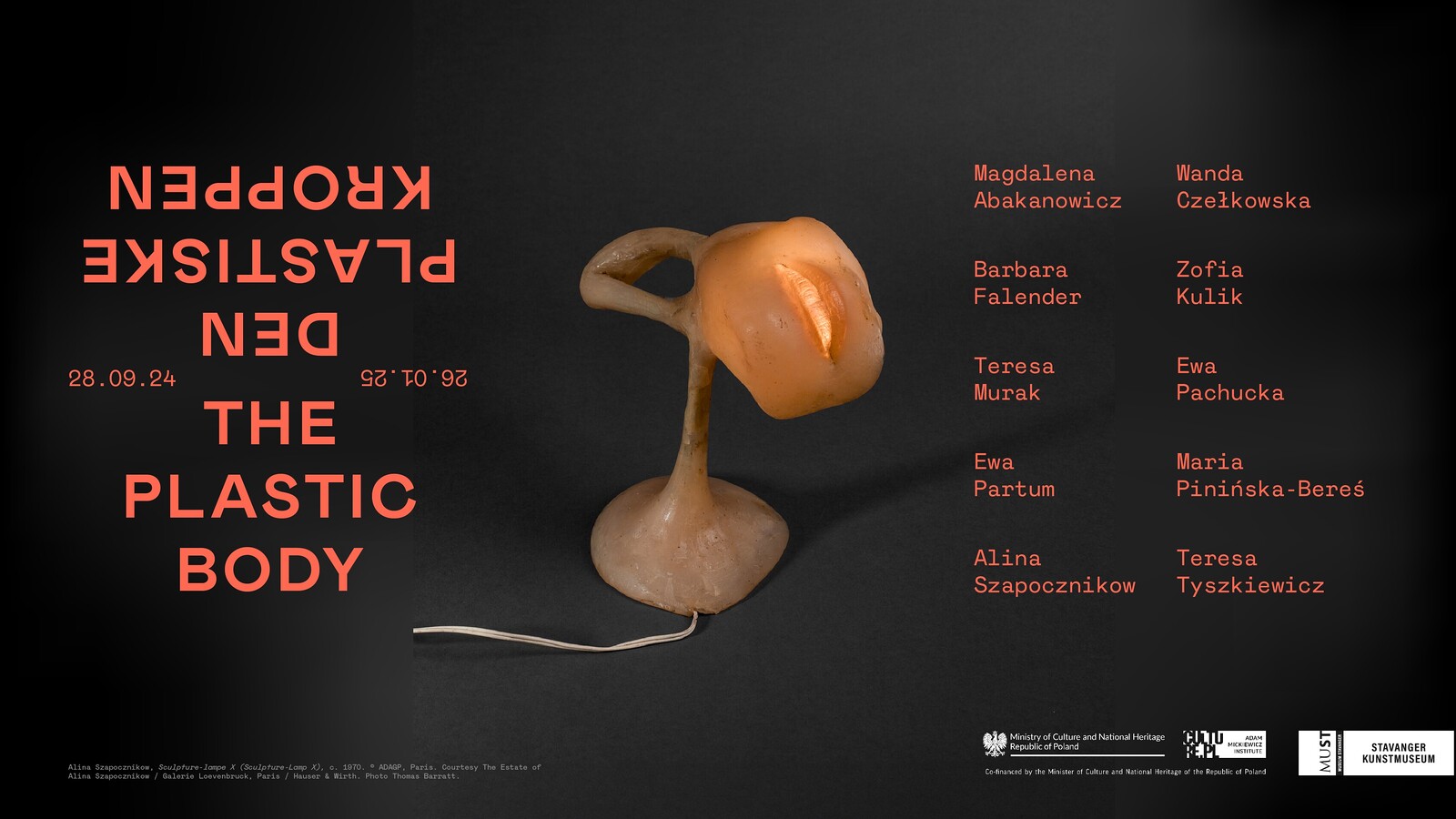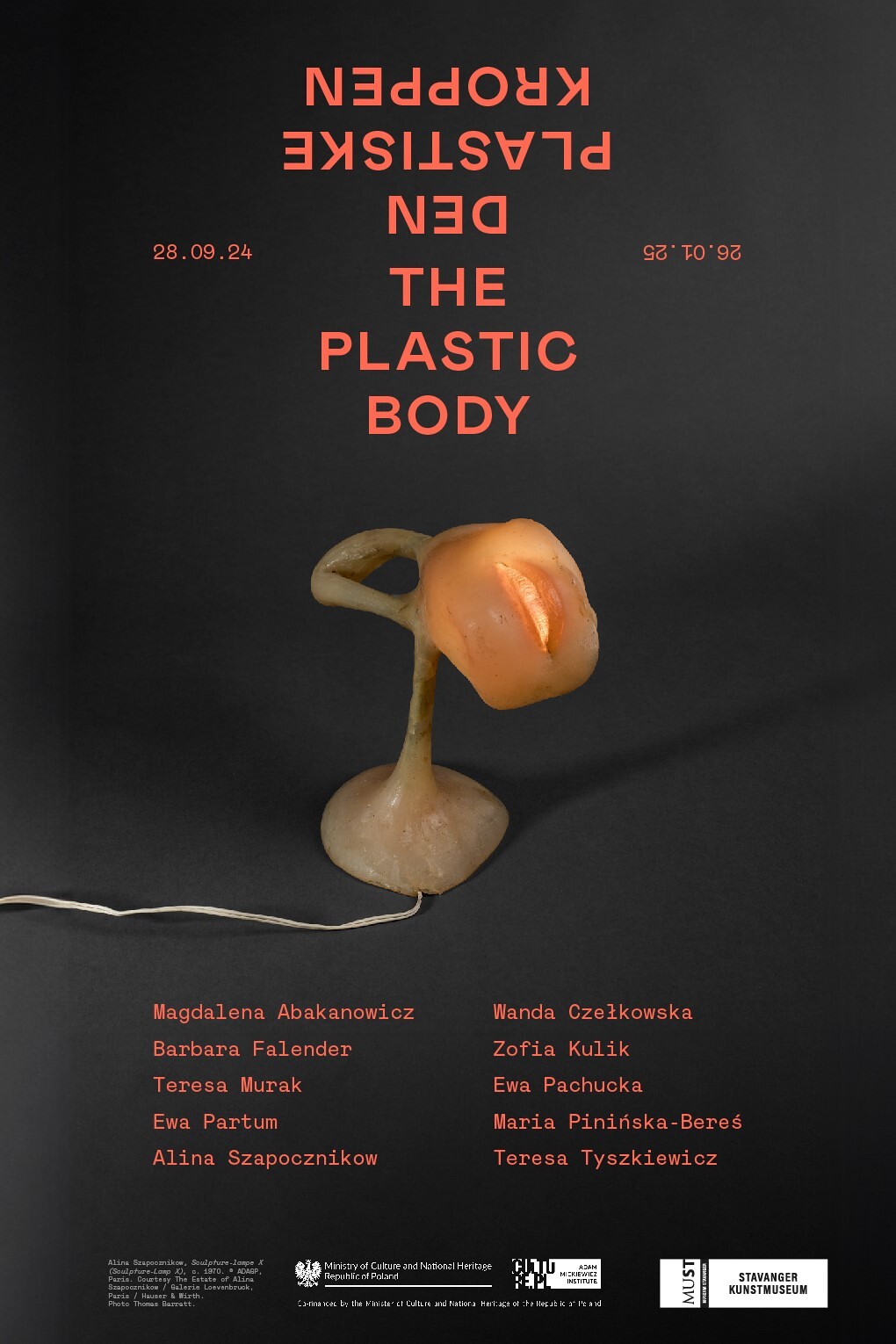Monday, December 19, 2016, 9am–4:45pm
Irish Museum of Modern Art (IMMA)
Royal Hospital Kilmainham
Military Rd, Kilmainham
Dublin 8
Tickets: Free, available from EventBrite
The perception of a postdigital condition suggests that contemporary politics, economics and art are constructed within the framing mechanisms of the digital. A postdigital culture does not encounter the digital anew but rather conceives subjectivity as organised within a system of indistinction that exists between the material and the digital.This one-day symposium will focus on the relationships between new forms of political economy and artistic practice as they appear within contemporary art. The symposium will bring together contemporary Irish artist John Gerrard and researchers from: the School of Creative Arts, TCD, Prof. Matthew Causey and Dr. Néill O’Dwyer; GradCAM/DIT, Dr. Noel Fitzpatrick and Dr. Conor McGarrigle; and NUI Maynooth, Dr. Aphra Kerr. The discussions are organised against the backdrop of John Gerrard’s recent transdisciplinary work in digital live simulation exemplified by projects such as Flag (Thames), 2016 and Solar Reserve (Tonopah, Nevada), 2014. It is suggested that the aesthetic potential of emerging computational techniques, from live simulation to neural networks, have only begun to be explored. The possibilities and disciplinary implications of these developments will be interrogated in a wide ranging discussion addressing the relationships between digital technology and the arts, with a sharp focus on contemporary sociopolitical issues brought to bear by the event of the digital.
Western society has been profoundly altered, over the last 20 to 30 years by the emergence of software, digital audio-visualisation techniques, automation, and electronics. These digital techniques are now largely pervasive, and increasingly permeate the tools that assist making and thinking, as well as the environments where they are engaged, to the point where they now constitute a large portion of subjectivity and electronically networked life—the aftermath of the advent of the digital. All fields of knowledge, without exception, and all aspects of social organisation, are reinvented by developments in the technical systems that constitute culture. With the emergence of the digital, this reinvention has been traumatic every bit as much as it has been beneficial; for example, while science has been revolutionised by new computational techniques and massive repertoires of connected data, it has also floundered over intellectual copyright, the privatisation of knowledge as well as unmediated access to various differing opinions. Similarly, the new politics of public access to open data sources is affecting the social, cultural and economic spheres wherein there is a reorganisation of existing social structures around new paradigms of contribution by collaborative participants and creative commoners.
The aim of the discussions in IMMA is to elicit an open, interdisciplinary and trans-institutional conversation—across academia and the arts—that attempts to elicit the positive and negative aspects of the postdigital condition, not simply interpreted as an aesthetic concern, but rather as a nuanced and complex ethical and political position.
The event is free but pre-booking is essential, through the EventBrite page, here.



